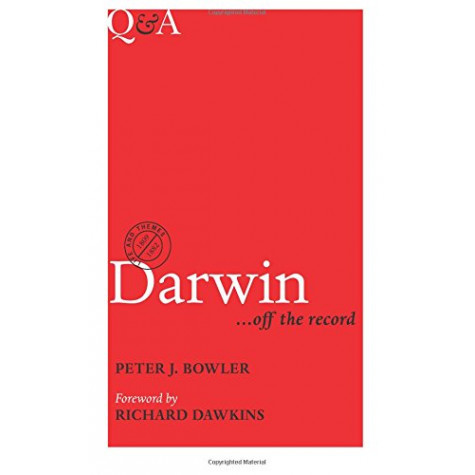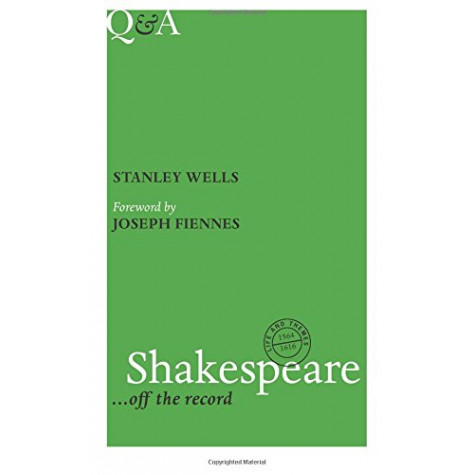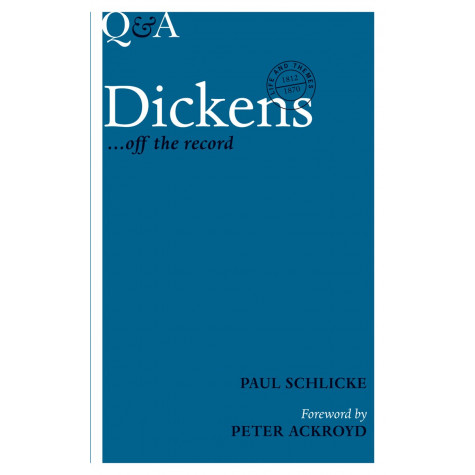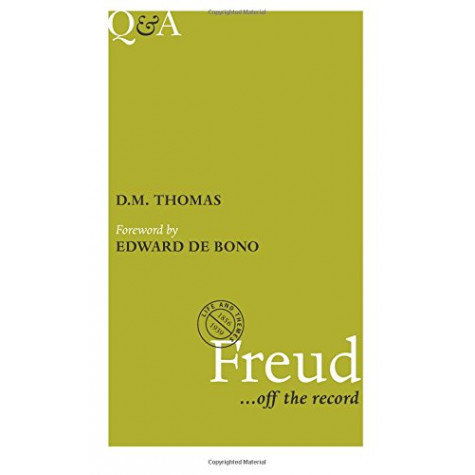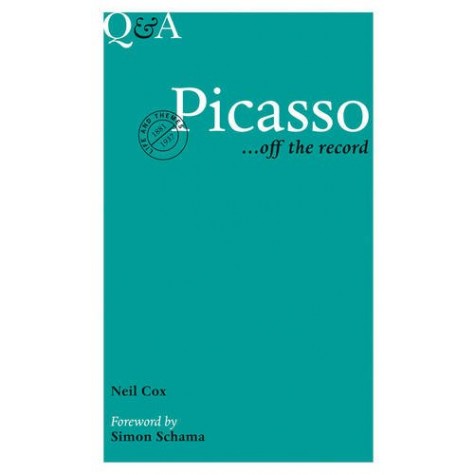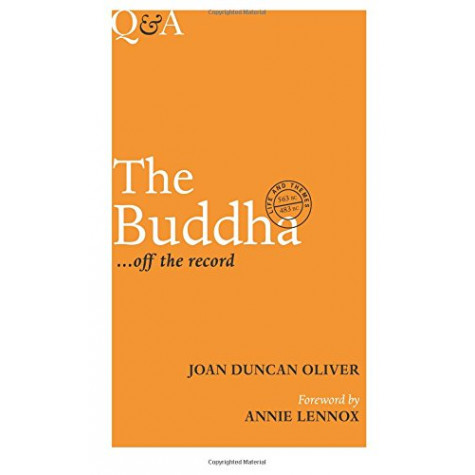Off the Record 6 Books Set
- Author:
- Pages: Each book 160+
- Year: 2010
- Book Code: Paperback
- Availability: In Stock
- Publisher: Watkins Publishing
-
₹4,695.00
This is one unique set consisitng the first 6 books of the series. The amazing titles are:
1) Darwin
2) Shakespeare
3) Freud
4) Dickens
5) Picasso
6) Buddha
About Darwin:
Darwin is one of the most controversial scientists of all time. His 1859 book On the Origin of Species, written after a 5-year evidence-gathering voyage on HMS Beagle, with a famous stopover in the Galapagos, persuaded scientists that they had to take seriously the claim that all living things have evolved by natural causes from previously existing types. Moreover, he proposed the mechanism of natural selection, in which populations change according to trial and error. The theory renders the Genesis story of creation, and indeed the whole idea of a wise and benevolent Designer, questionable. There seems to be little room here for the immortal soul or transcendent moral values. Whilst materialists and atheists welcome this liberation from the shackles of ancient superstition, some religious believers accuse Darwin of teaching us to behave like animals and thereby undermining the moral foundations of society. We are still living with - and arguing about - the consequences of Darwin's commitment to the truths uncovered by investigative science. This book ranges widely over his background, his travels, his discoveries, his lectures and teachings, and his personal life.
About Shakespeare:
Shakespeare is the archetypal literary magus, wise and prolific, his imagined realm extending vastly to encompass history, love, emotions, all the vices and virtues, town life in pubs and courts, the countryside, sea voyages, battles, supernatural beings such as fairies and witches - and much else besides. The human heart was his workshop. Shakespeare's legacy represents more than the story of a life and its age: it has dominated artistic and cultural endeavour in every generation that has followed him. This book offers a dazzling kaleidoscope of Shakespeare's inner and outer worlds - a brilliant set of imagined answers to gently probing questions, on such topics as his schooldays, his experiences of the theatre, his life in Stratford and London, his sonnets, his rivalry with other playwrights such as Christopher Marlowe and Ben Jonson, his love life, his sources of inspiration, and his attitudes to money and publication.
About Freud:
Throughout history, people have searched for explanations to make sense of their lives. First there was magic and religion, then there was science; and somewhere in between was Freud. Freud's whole edifice was a masterwork of explanation, with sex at its core. He studied his own, often depressed, mind as well as those of his patients, accounting for our actions and troubled thoughts with revolutionary theories such as infant sexuality, sublimation and the Oedipus complex. He believed that if something was not as visible in a patient's personality as it should have been, that was because it was too painful and had to be repressed. His theories shocked, troubled and intrigued people, and ensured Freud a central role in psychology. His work was as much poetry as science: his theories created stories that people could believe in, and these stories had real therapeutic value. He saw psychoanalysis as ministering to the soul (Psyche), our whole essence, not just our mind. Fascinated by archaeology, he was an archaeologist of the unconscious, whom we ignore at our peril. In these pages a great novelist meets a great adventurer of the mind ...and the encounter gives us privileged access into one of the most original and unflinching intellects of the modern age.
About Dickens:
Tags: Darwin, Shakespeare, Freud, Dickens, Picasso, Buddha... off the Record, Watkins Publishing, Peter J. Bowler, Joan Duncan Oliver, Paul Schlicke, D. M. Thomas, Dr Neil Cox,

